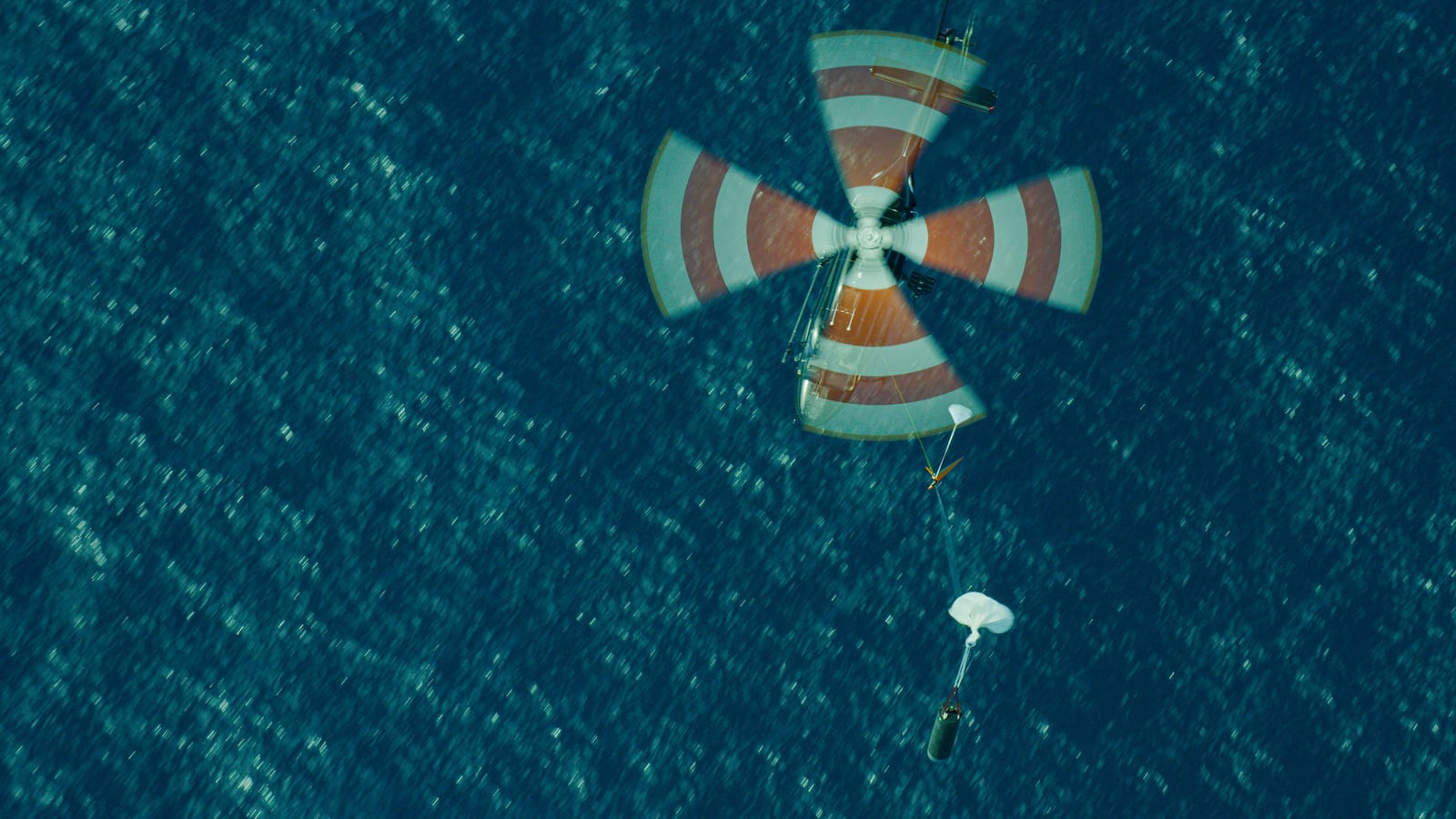When it comes to the world of space exploration, cash is king. The average cost of NASA’s now-retired Space Shuttle program was more than $1 billion. Even today, the price tag of a SpaceX Falcon 9 launch is a whopping $67 million. So while costs have lowered, it still presents a ludicrously expensive hurdle for the new, burgeoning space age.
That’s why aerospace companies like SpaceX and Blue Origin have invested so much in reusable rocket boosters. The idea is that if you can get the booster back intact—instead of, say, allowing it to crash into the moon or become orbital trash—you can cut down on launch costs by a huge margin by reusing it. Most research into this tech typically involves rockets that can land upright by themselves a la the Falcon 9. However, one aerospace startup has come up with a more creative way to accomplish that goal: snatching falling boosters out of the air with a helicopter.
Rocket Lab, a New Zealand company vying to cheaply put satellites into space, successfully launched one of its rockets into orbit where it deployed 34 satellites on Monday. Once finished, its first-stage booster—which separated from the satellite-deploying, second-stage booster—careened back down to Earth at roughly 5,150 mph before deploying its parachutes to slow its descent. That’s when a Rocket Lab helicopter grabbed it out of the air with a hook.
The mission, dubbed “There and Back Again” as a nod to J.R.R. Tolkien’s The Hobbit, wasn’t a complete success, though. Moments after catching the rocket, the helicopter operators found that the new payload wasn’t hanging the way it did during tests and simulations—so they yeeted it into the Pacific Ocean where a Rocket Lab ship was waiting nearby to collect it.
“Incredible catch by the recovery team, can’t begin to explain how hard that catch was and that the pilots got it,” Peter Beck, co-founder of Rocket Lab, tweeted after the catch and release. “They did release it after hook up as they were not happy with the way it was flying, but no big deal, the rocket splashed down safely and the ship is loading it now.”
Overall, it was a mostly successful mission for the fledgling aerospace company despite the hiccup. It also marks a milestone in reusable rocketry—which, if refined, could offer a formidable and more budget-friendly challenger to SpaceX’s dominance in the aerospace industry. The reason is simple: Rocket Lab’s boosters don’t require the costly fuel and technology that a reusable booster like Falcon 9 does. By cutting down on those costs, it can also offer a lower price tag for launches to customers who want to put satellites into orbit.
The New Zealand company’s chopper-based approach could one day be a great, if a little surprising, way for future rockets to come back to Earth—if they don’t immediately drop it like a hot potato, that is.






